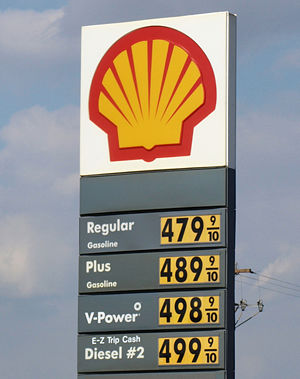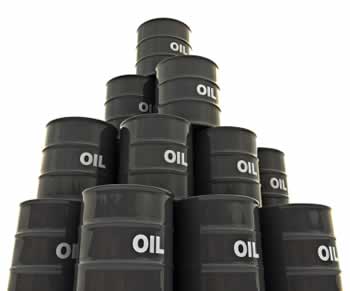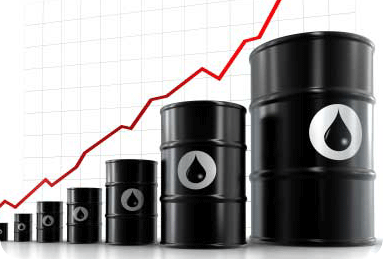World oil prices rallied on Thursday on the back of further unrest in Middle East and North Africa: analysts.
 World oil prices rallied on Thursday on the back of further unrest in Middle East and North Africa, while traders kept an eye on the fast-moving Japanese nuclear crisis, analysts said.
World oil prices rallied on Thursday on the back of further unrest in Middle East and North Africa, while traders kept an eye on the fast-moving Japanese nuclear crisis, analysts said.
New York's main contract, light sweet crude for delivery in April, known as West Texas Intermediate (WTI), leapt $2.92 to $100.90 per barrel.
In London late afternoon trade, Brent North Sea crude for April surged $3.41 to $114.01 a barrel.
"Prices continue to be underpinned by events in the Middle East, especially Libya and Bahrain, with WTI pushing back above $100 a barrel while Brent prices have pushed back above $113," said CMC Markets analyst Michael Hewson.
The market reversed earlier losses as Middle Eastern tensions came to the fore, agreed Victor Shum, senior principal for Purvin and Gertz energy consultants in Singapore.
"It is the volatility ... as the markets weigh the importance of the nuclear crisis in Japan and unrest in the Middle East," he said.
"Concerns of unrest in the Middle East outweigh concerns of the nuclear crisis in Japan."
The United Nations warned on Thursday of "shocking and illegal" abuses in Bahrain, where the US-backed rulers are waging a bloody crackdown on Shiite-led protesters.
The violence in the strategic Gulf kingdom has alarmed Washington and sparked furious condemnation from Iran, Shiite leaders in Iraq and the political parties Lebanon. In oil exporter Libya, meanwhile, the army said it would halt operations from Sunday to allow rebels to lay down their arms, softening repeated threats by Moamer Gaddafi to crush them, as world powers edged towards tough measures.
In oil exporter Libya, meanwhile, the army said it would halt operations from Sunday to allow rebels to lay down their arms, softening repeated threats by Moamer Gaddafi to crush them, as world powers edged towards tough measures.
Libya was producing 1.69 million barrels per day before the unrest, according to the International Energy Agency. Of this 1.2 million were exported, mostly to Europe. Other major customers are China and the United States.
In early Asian trade on Thursday, oil prices had fallen as investors fretted over Japan's worsening nuclear crisis with the Fukushima power plant hit by four blasts since Friday's devastating earthquake and tsunami.
However, Tokyo Nikkei stock index ended Thursday down 1.44 percent, paring earlier heavy losses, as television images showed Japanese military helicopters dumping water on the plant in a bid to douse radioactive fuel rods.
Traders fear the disaster could affect crude consumption in Japan, the world's third largest economy and the third largest oil-consumer.
"The extraordinary series of events in Japan and North Africa/the Middle East continued to dominate the market," said Westhouse Securities analyst David Hart.
